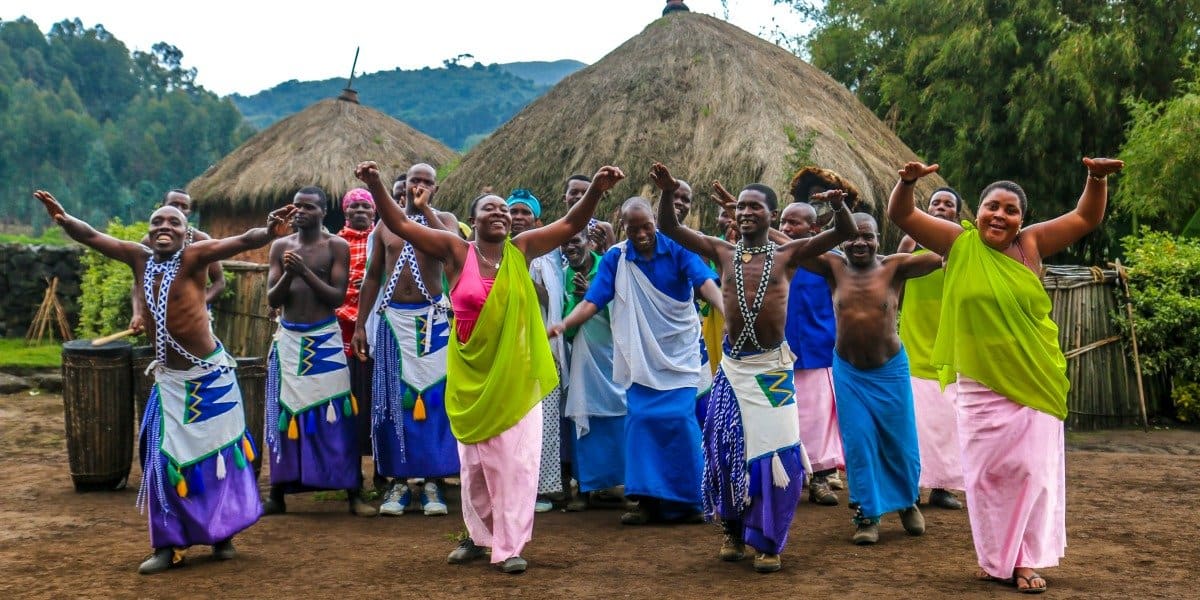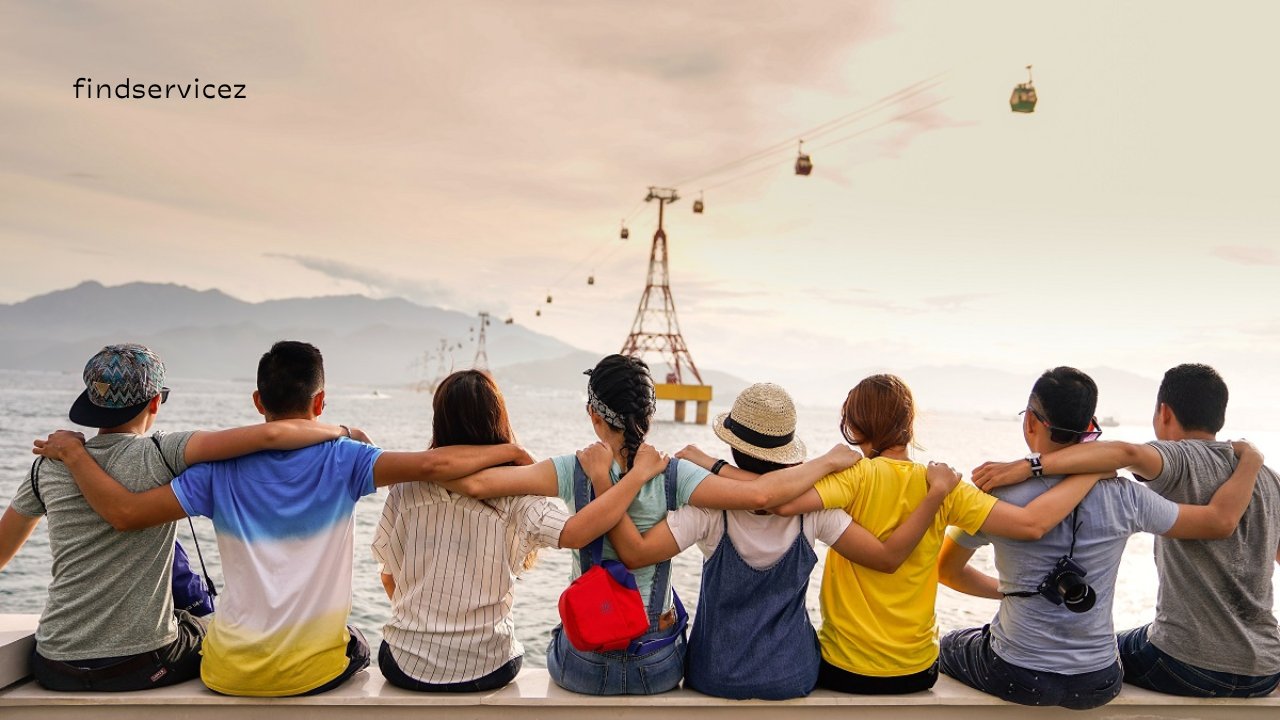Traveling offers a fantastic opportunity to explore new places, experience different cultures, and meet amazing people. However, tourism can have both positive and negative impacts on local communities. While it can generate income and employment, it can also lead to environmental degradation, cultural erosion, and economic disparities.
As a responsible traveler, you have the power to make a difference by supporting local communities. Whether you’re visiting a bustling city, a remote village, or a tropical paradise, your choices can contribute to sustainable tourism that benefits the people and places you visit. Here’s how you can support local communities while traveling.
1. Choose Locally-Owned Accommodations
One of the best ways to support local communities is by staying in locally-owned accommodations. Instead of booking large international hotel chains, opt for:
- Family-run guesthouses
- Boutique hotels owned by locals
- Eco-lodges that support conservation efforts
- Homestays that offer authentic cultural experiences

Locally-owned accommodations ensure that tourism revenue stays within the community, benefiting local families and small businesses. Additionally, they often provide more personalized services and unique insights into the destination.
2. Eat at Local Restaurants and Markets
Supporting local eateries is another great way to contribute to the community. Instead of dining at global fast-food chains or hotel buffets, try:
- Family-run restaurants
- Street food vendors
- Local markets and food stalls
- Farm-to-table dining experiences
Not only will you get to taste authentic regional dishes, but your spending will directly support local farmers, chefs, and food producers. Plus, exploring local cuisine adds to the cultural experience of your trip.
3. Buy Handmade and Locally-Sourced Souvenirs
Souvenirs serve as memorable tokens of your travels, but mass-produced items from big retailers do little to help local artisans. Instead, look for:
- Handmade crafts, textiles, and artwork
- Jewelry and accessories crafted by local artisans
- Locally produced spices, coffee, and teas
- Fair-trade and ethical products
Purchasing directly from artisans at markets, co-ops, or workshops ensures they receive fair compensation for their work, preserving traditional craftsmanship and cultural heritage.
4. Use Local Guides and Tour Operators
Hiring local guides and choosing community-based tour operators is an effective way to support local economies. Look for:
- Guided walking tours by locals
- Cultural and heritage tours led by community members
- Eco-tourism experiences that support conservation efforts
- Adventure tours organized by local entrepreneurs
Local guides offer insider knowledge, helping you gain a deeper understanding of the destination while ensuring that your tourism dollars benefit the community.
5. Participate in Community-Based Tourism (CBT)
Community-based tourism (CBT) involves visiting rural villages and participating in local activities in a way that benefits the community. Examples include:
- Staying in indigenous-run lodges
- Taking part in traditional crafts workshops
- Learning cooking techniques from local families
- Engaging in agricultural experiences like coffee farming or fishing
CBT ensures that tourism income is distributed fairly and helps preserve cultural heritage while providing visitors with enriching, immersive experiences.
6. Respect Local Culture and Traditions
Cultural respect is fundamental when traveling. Always:

- Learn a few basic phrases in the local language
- Dress appropriately, especially in conservative areas
- Ask permission before taking photos of people
- Observe and respect local customs, rituals, and religious practices
By showing cultural sensitivity, you create positive interactions with locals and promote mutual understanding.
7. Reduce Your Environmental Impact
Sustainable travel goes hand in hand with supporting local communities. Take steps to minimize your environmental footprint by:
- Reducing plastic waste (carry a reusable water bottle and bags)
- Supporting eco-friendly accommodations and tours
- Using public transportation, walking, or cycling instead of renting cars
- Avoiding activities that harm wildlife or ecosystems
By preserving natural resources, you help ensure that communities can continue benefiting from tourism without compromising their environment.
8. Volunteer or Contribute to Local Causes
If you have the time and skills, consider volunteering with local organizations. Some responsible ways to give back include:
- Teaching English or offering skills training
- Assisting in environmental conservation projects
- Helping with community development initiatives
- Supporting animal welfare programs
If volunteering isn’t feasible, consider donating to reputable local charities or organizations that focus on education, health, or community development.
9. Travel During Off-Peak Seasons
Visiting destinations during peak seasons can strain local resources, inflate prices, and make it harder for residents to access basic services. Traveling during off-peak seasons:
- Reduces overcrowding and environmental stress
- Helps businesses sustain year-round income
- Allows for a more relaxed and immersive travel experience
This strategy ensures a steady flow of income for local businesses throughout the year, preventing seasonal economic struggles.
10. Choose Ethical Wildlife and Cultural Experiences
While exploring nature and cultural heritage is rewarding, some tourism activities exploit animals or misrepresent traditions. Avoid experiences that:

- Involve captive animal interactions (e.g., elephant rides, tiger selfies)
- Commercialize sacred rituals or indigenous practices
- Exploit marginalized communities for profit
Instead, support ethical alternatives like wildlife sanctuaries, conservation projects, and authentic cultural experiences that empower local groups.
11. Support Local Events and Festivals
Attending local festivals, concerts, and community events is a fun way to contribute to the economy while experiencing authentic cultural traditions. Some ways to engage include:
- Buying tickets for traditional performances
- Purchasing locally-made crafts at fairs
- Supporting community-run food festivals
Your participation helps sustain cultural heritage and boosts the economy by directly supporting artists, performers, and vendors.
12. Spread Awareness and Encourage Responsible Tourism
Advocating for responsible travel goes beyond your own actions. Share your experiences and inspire others by:
- Writing reviews about ethical accommodations and tours
- Promoting responsible businesses on social media
- Educating fellow travelers about sustainable tourism
- Encouraging friends and family to adopt responsible travel habits
By spreading awareness, you help create a ripple effect, encouraging more travelers to support local communities and make positive choices.
Supporting local communities while traveling is a powerful way to make a positive impact. From staying in locally-owned accommodations to respecting cultural traditions and engaging in sustainable tourism, every decision matters. By traveling responsibly, you not only enrich your own experiences but also contribute to the long-term well-being of the destinations you visit.
The next time you pack your bags, remember that your choices can shape the future of tourism. Be a mindful traveler, invest in local communities, and leave a positive legacy wherever you go.

